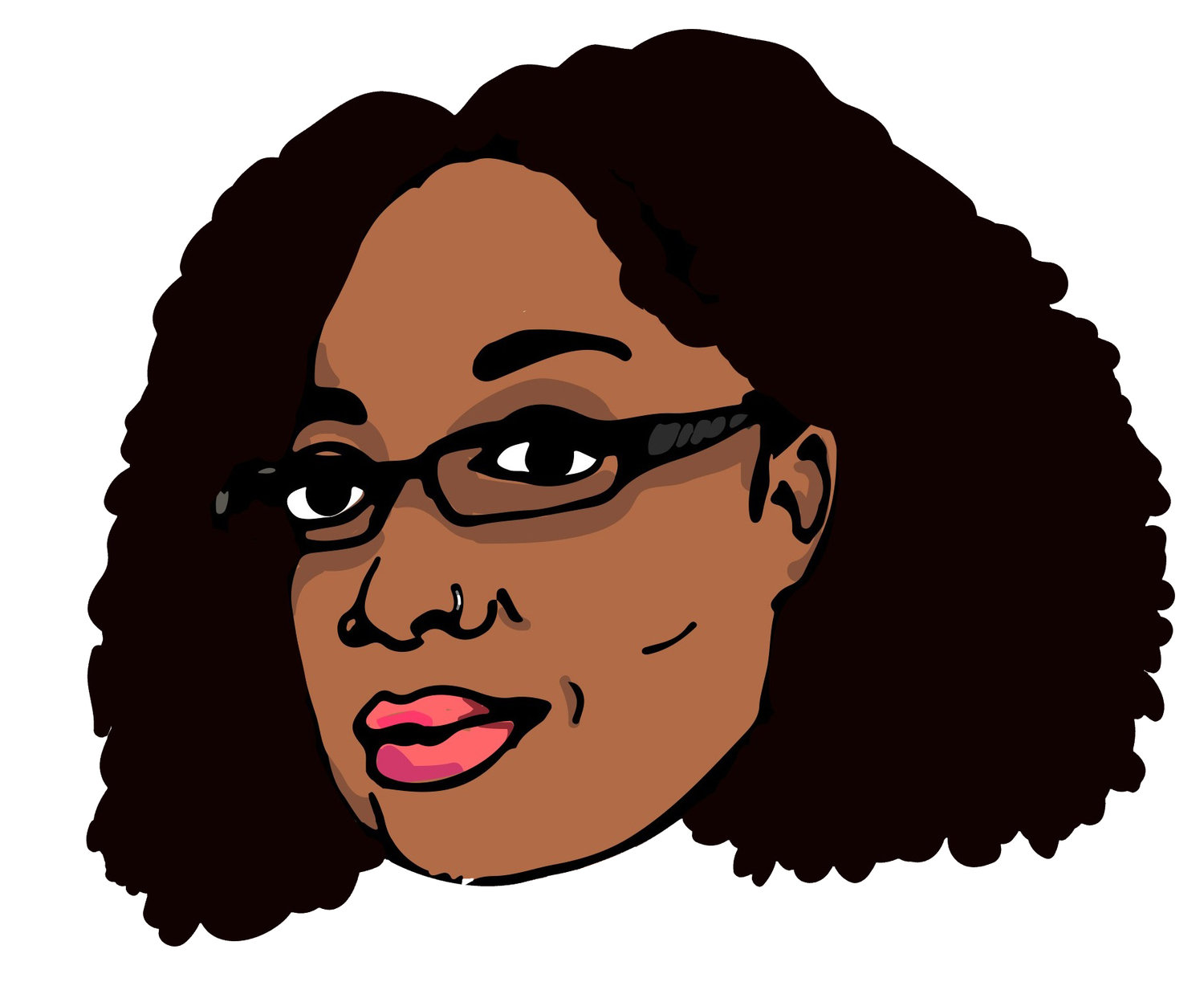This odyssey of 2020 has been an impeccable even if brutal teacher. Everyday, I learn something new: about myself, about the world, about the people I know and love — and often, about a lot of shit that completely unknown to me. While I am not grateful for the pain, loss, suffering, and uncertainty this year has shat on all of our doorsteps, I am grateful for the moments that I have been allowed to journey deep within.
Like many of us, something broke open for me in the wake of George Floyd’s death. It wasn’t just the national uprising here in the U.S. or the global protests or the conversations we were all having. It wasn’t just the heartbreak or the rage or the weariness. It honestly felt like the clock had run out.
For the past couple of years, I had believed that there would be time to fight and to labor and to tear down and to rebuild after — after I had gotten staffed, after I had lost weight, after I had paid off my student loan bills. After surviving a depression that in some ways nearly killed me, I had adopted one of Audre Lorde’s best and most provocative ideas: “Caring for myself is not self-indulgence, it is self-preservation, and that is an act of political warfare.”
I had confused political disengagement with self-preservation. I had convinced myself that somehow the immediate threat of Black death and Black destruction and Black dehumanization was out there somewhere. That it would not show up at my feet. That it would not take me or the ones I loved. That it could tamed as we all tried to survive a global pandemic.
I was wrong.
Suddenly, there was no more after. Black people were being murdered through state-sanctioned and extrajudicial violence during a pandemic. Businesses and schools and stores were shut down. And Black people were still being murdered (while also being disproportionately infected and affected by this virus).
And so, I started fighting again. I joined direct actions. I donated to organizations that were doing the work I could not on my own. I amplified voices and ideas and solutions. It was not only an urgent response, but it was also life-preserving. Because the thing that white people still do not get about the lived experiences of “othered”/”colored” folks — and yes, particularly Black and Indigenous folks — is that it is not only the noose or the bullet or the chokehold that kills us. It’s the very design of white supremacy that seeks to eradicate us.
There’s not an aspect of systemic racism that does not make it harder for me to live and thrive in this country and in this world. And there’s no aspect of this world and the way we live our lives that isn’t touched — or better yet, infiltrated by and infused with — systemic racism.
And now that I have fully come to accept that, I have lost my patience for most white people’s learning curve in this moment. I know it’s messy and problematic and controversial to say that, but it’s true. Every time I have to explain myself or my experiences or my pain to a white person, it literally feels like they are taking up time and energy — precious and futile — that could lent to some other endeavor or purpose. Every time I have to explain the experiences or pain of people who are not me, but who I feel a kinship to and responsibility for because they are also “othered” or marginalized — it feels the same.
Toni Morrison said it better than I ever could or ever will: “The very serious function of racism … is distraction. It keeps you from doing your work. It keeps you explaining, over and over again, your reason for being. Somebody says you have no language and so you spend 20 years proving that you do. Somebody says your head isn’t shaped properly so you have scientists working on the fact that it is. Somebody says that you have no art so you dredge that up. Somebody says that you have no kingdoms and so you dredge that up. None of that is necessary.”
I am working on my ability to still extend grace and empathy and patience to white people. Not because they are owed that from me as a Black person, especially in this moment. But because my humanity and theirs depends on it.
But damn, it’s hard.


